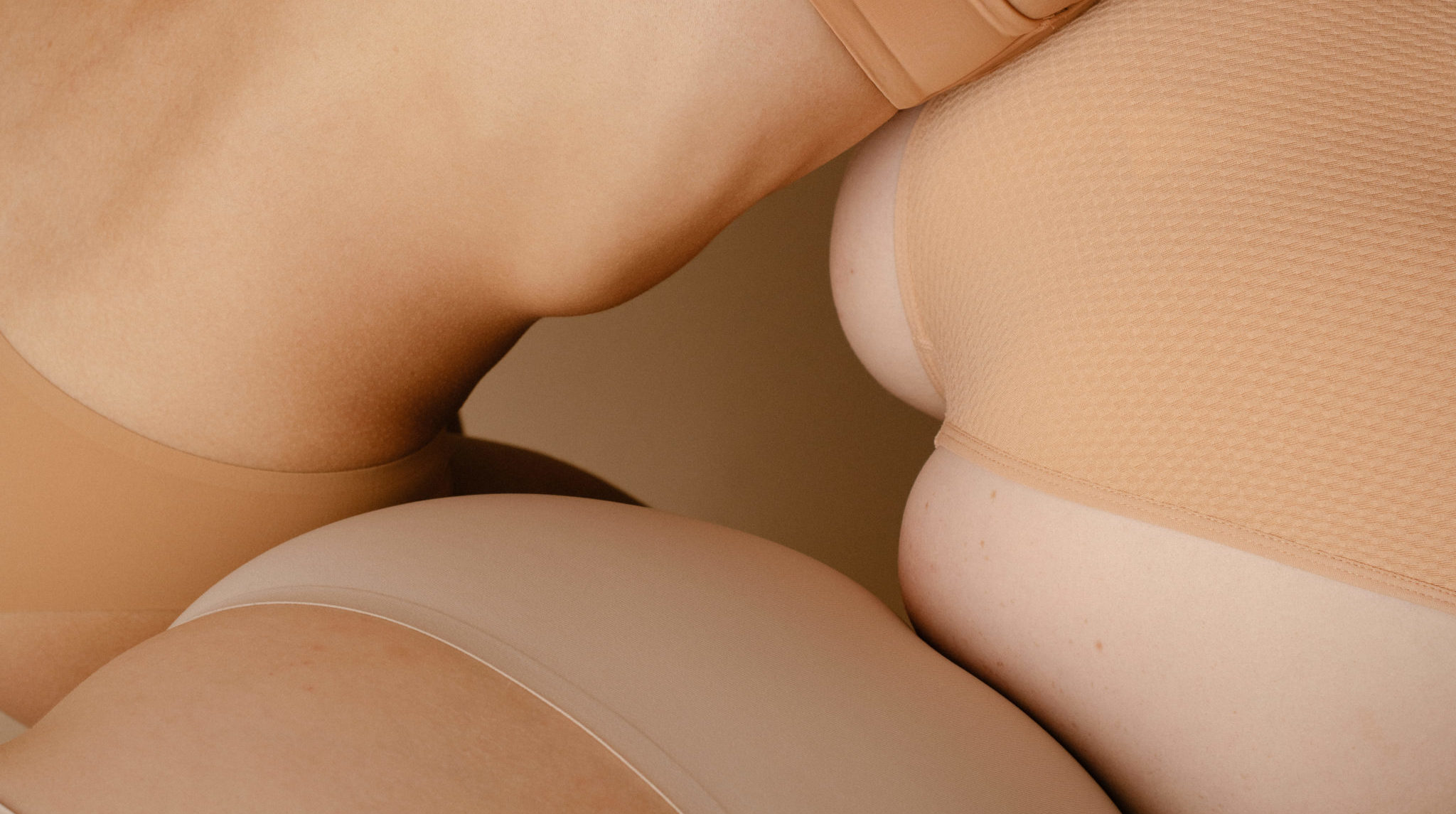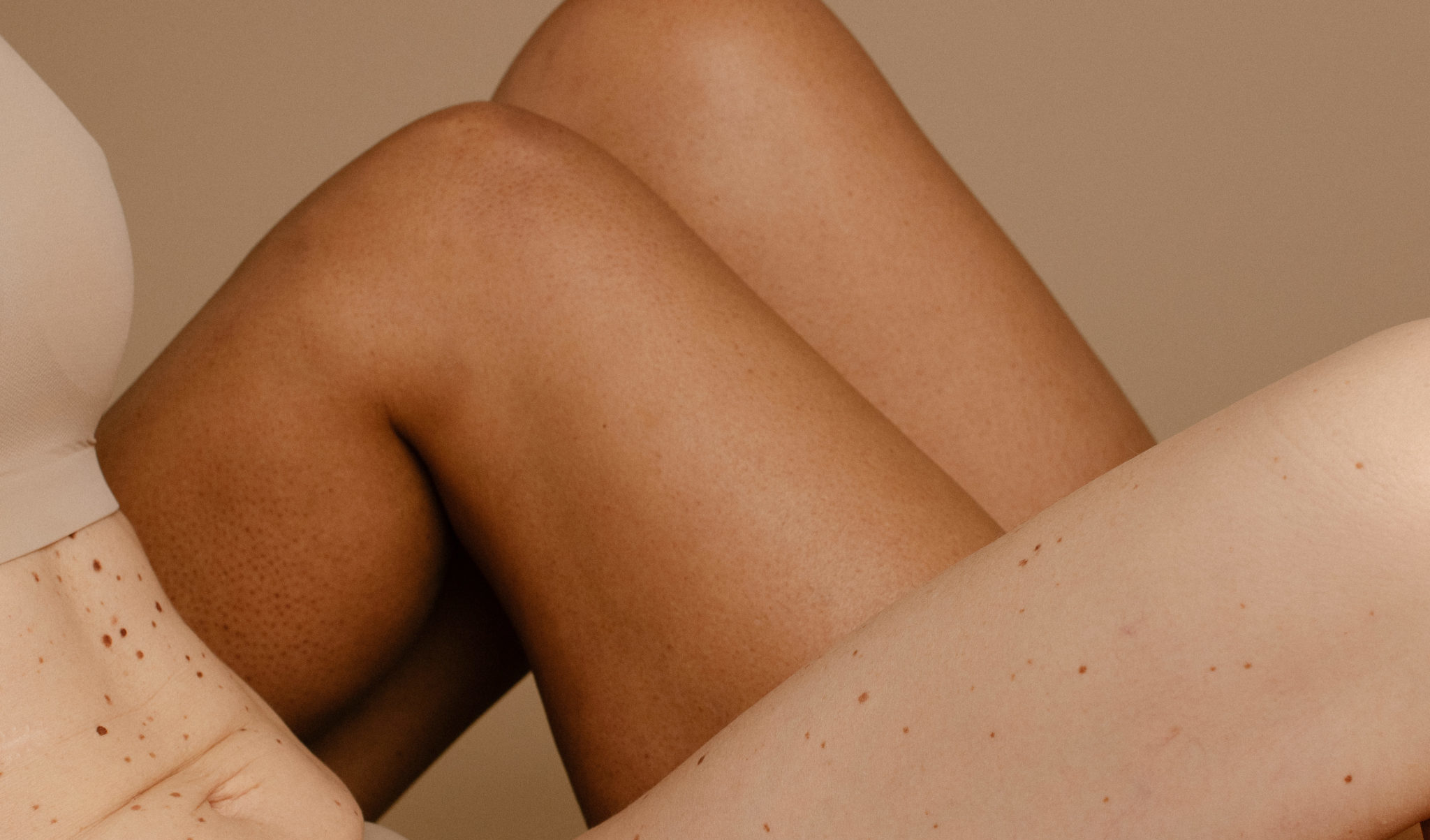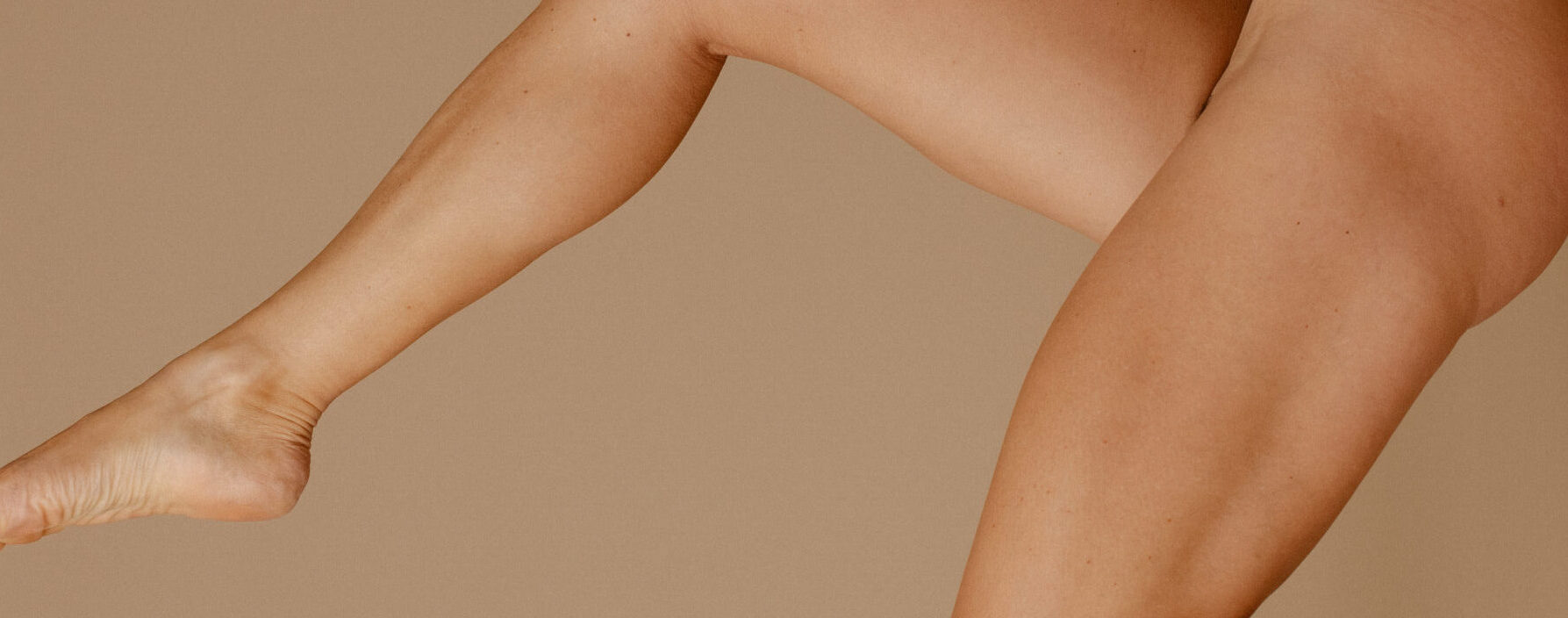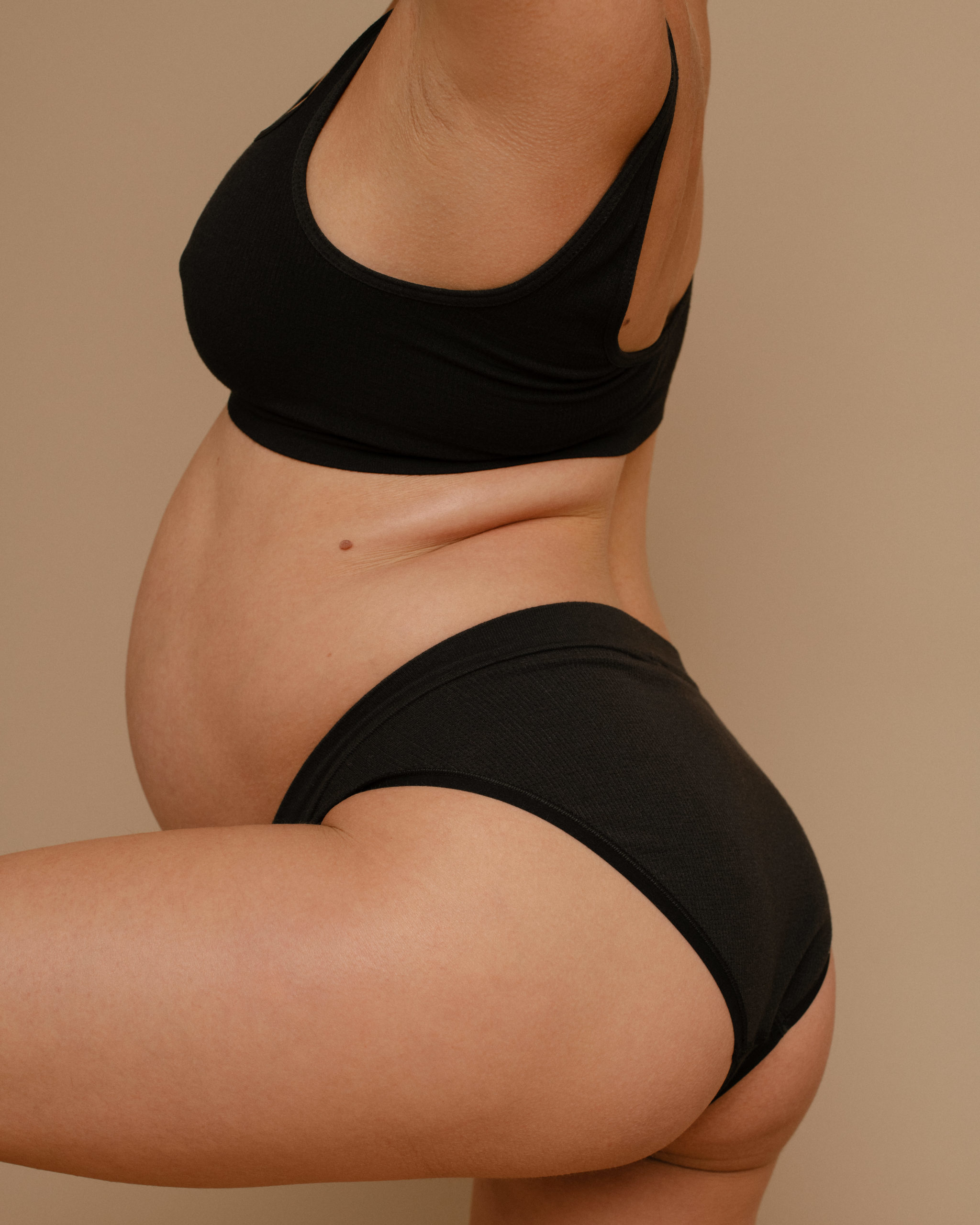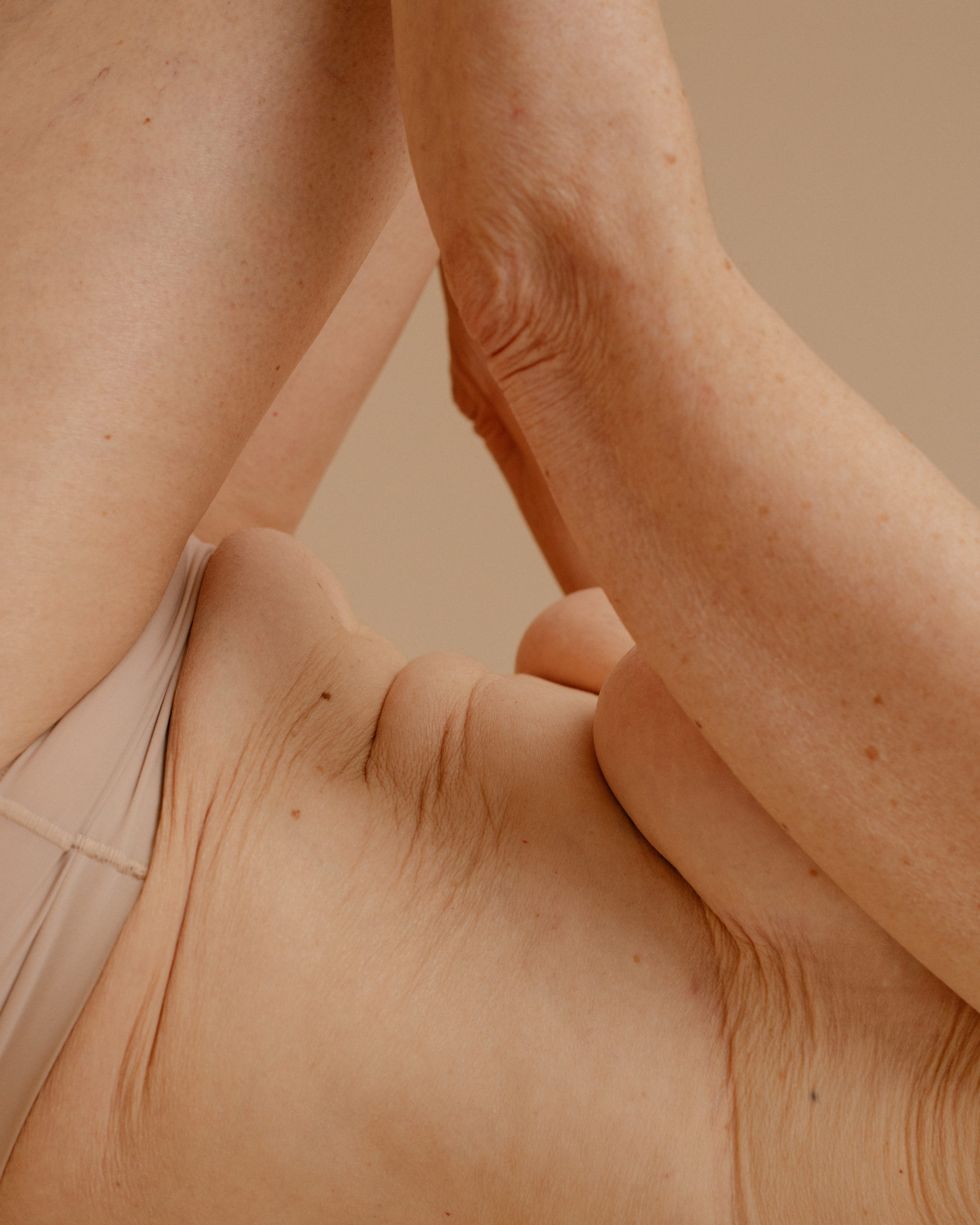Close
Enquiry
Please see contact information below or complete the form and we will get in touch with you.
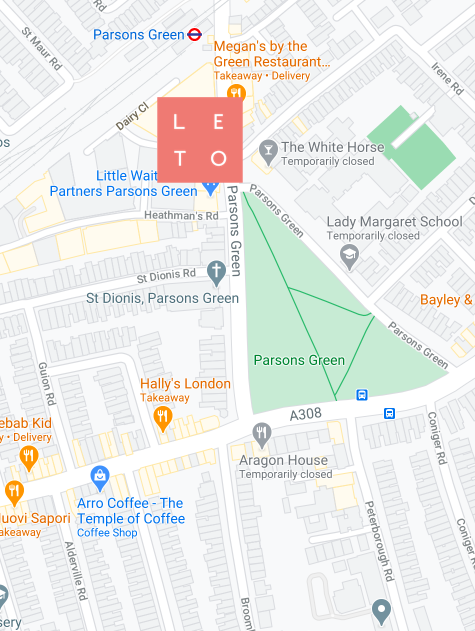
Parsons Green
3rd Floor Brigade House
8 Parsons Green
London
SW6 4TN
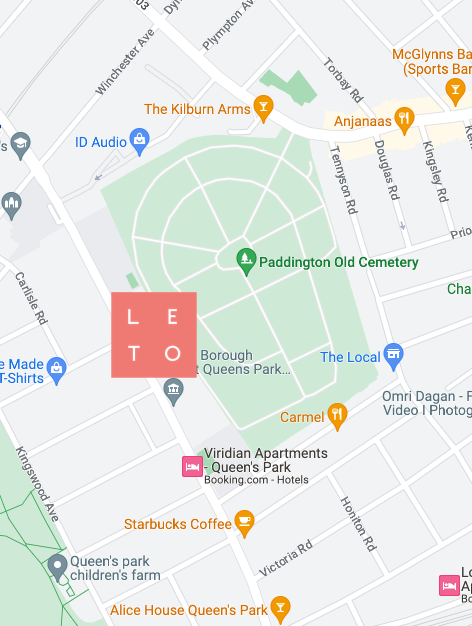
Queens Park
2nd Floor
105-109 Salusbury Road
London
NW6 6RG
Centres of excellence for pelvic health, dedicated to supporting women through all stages of life.
At LETO, we believe young women suffering from dyspareunia shouldn’t suffer in silence. Mothers and their bodies must be looked after just as much as their babies do. You can still have the wildest sex of your life in your 50s, and there is no need to ‘put up’ with the physiological side effects the menopause puts on your body!
We also believe women should be provided with clinically excellent pelvic health care.
That women have a right to experience a respectful, caring and dedicated team of specialist pelvic health physiotherapists and exercise professionals.
Our specialist pelvic health physiotherapists will care for you with:
- an understanding and educational approach to pelvic health and your body
- evidence-based assessments and treatment to address your symptoms and transform your pelvic health
- a personalised and progressive restoration program to achieve your pelvic health, fitness and long-term goals
At LETO, it is what matters to you that matters to us. We work as a team and are committed to ensuring you are cared for by the clinician or clinicians with the perfect skills and attributes to achieve your goals.
assess > restore > transform

Services We Offer
assess > restore > transform

Parsons Green
3rd Floor Brigade House
8 Parsons Green
SW6 4TN
London
Delivering exceptional pelvic health care in the heart of Parsons Green since 2021.
Specialist Pelvic Health Physiotherapy - The LETO Postnatal Check - Pregnancy Care - Physiotherapist-Led Pilates - Pessary Clinic - C-section Recovery - Post-Operative Rehabilitation - Menopause Support - The LETO Biomechanical Screen

Queens Park
2nd Floor
105-109 Salusbury Road
NW6 6RG
London
We are excited to expand to North West London in lovely Queen's Park from January 2024!
Specialist Pelvic Health Physiotherapy - The LETO Postnatal Check - Pregnancy Care - Physiotherapist-Led Pilates - C-section Recovery - Post-Operative Rehabilitation - Menopause Support
Conditions that our pelvic health physiotherapists treat include:
Your pathway to recovery, transformed health and a more confident you.
assess
your body
Feel supported with your recovery.
restore
your health
Rebuild your strength, mobility and optimise your function.
transform
your life
Enjoy doing the things you love with confidence & trust in your body!
Client Success Stories
Discussing pelvic health issues can be difficult. Our team all have a special interest in pelvic health and will listen and make you feel comfortable to discuss your concerns.
We support women through all stages of their lives
